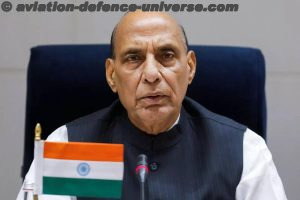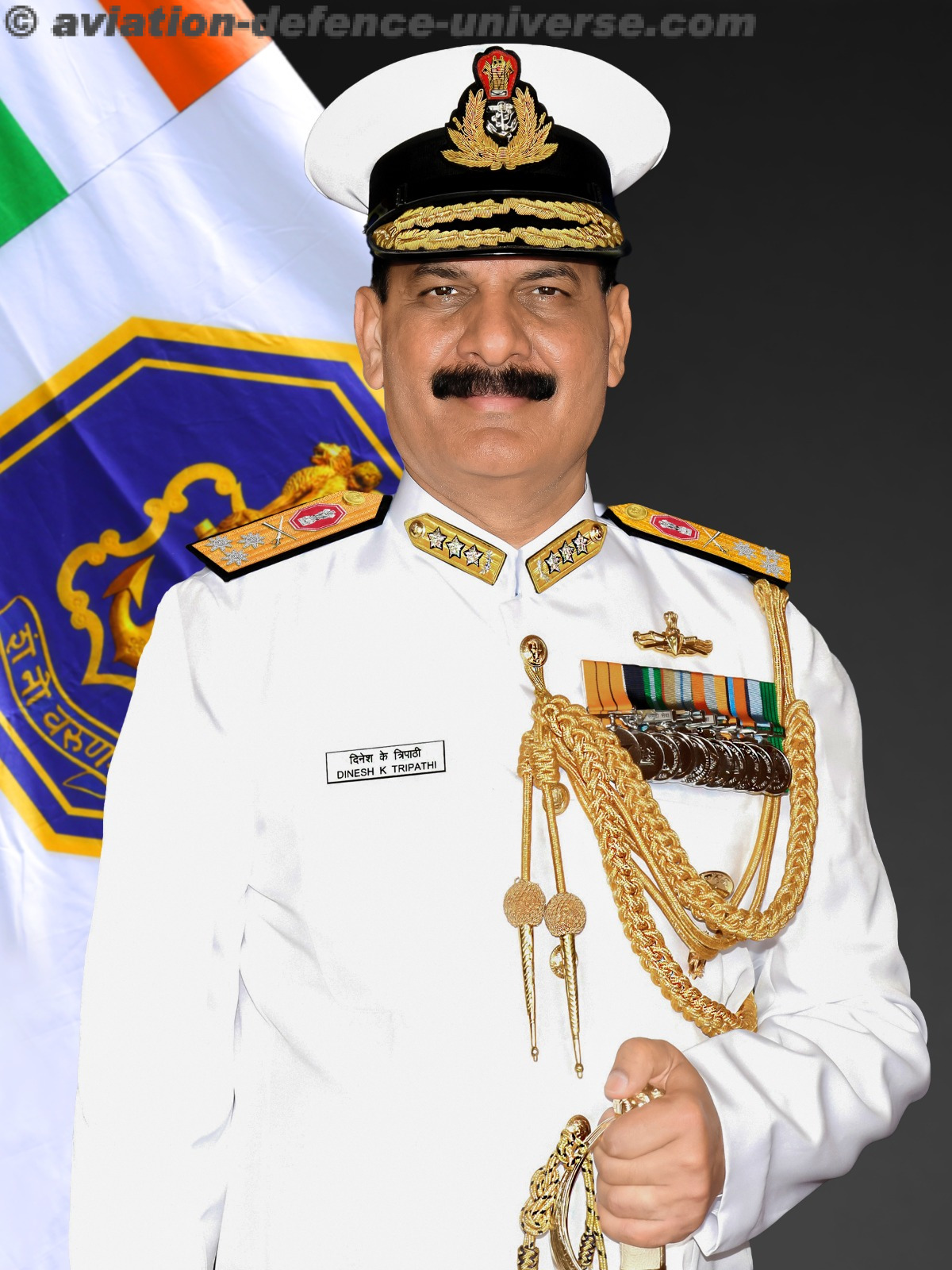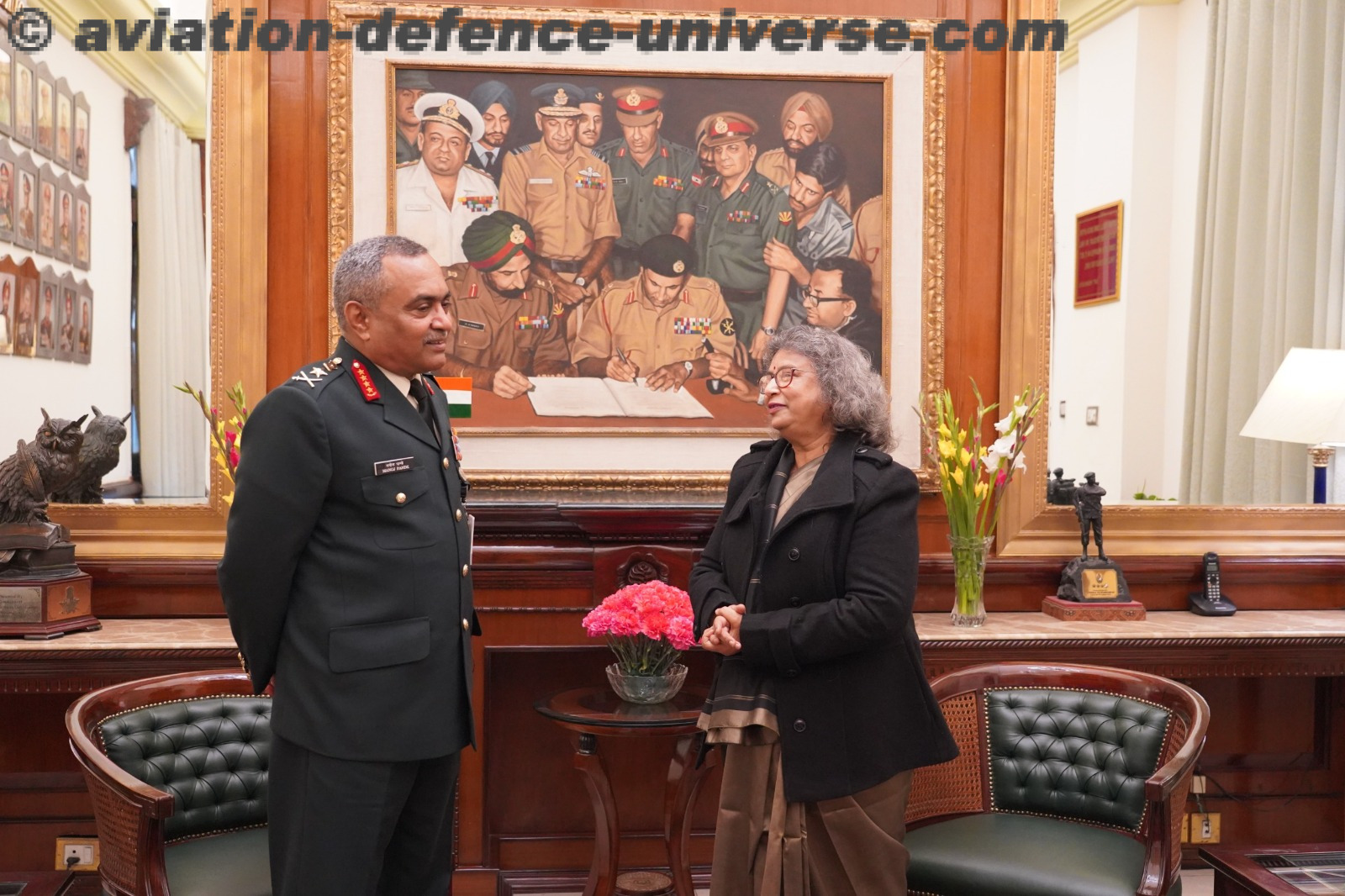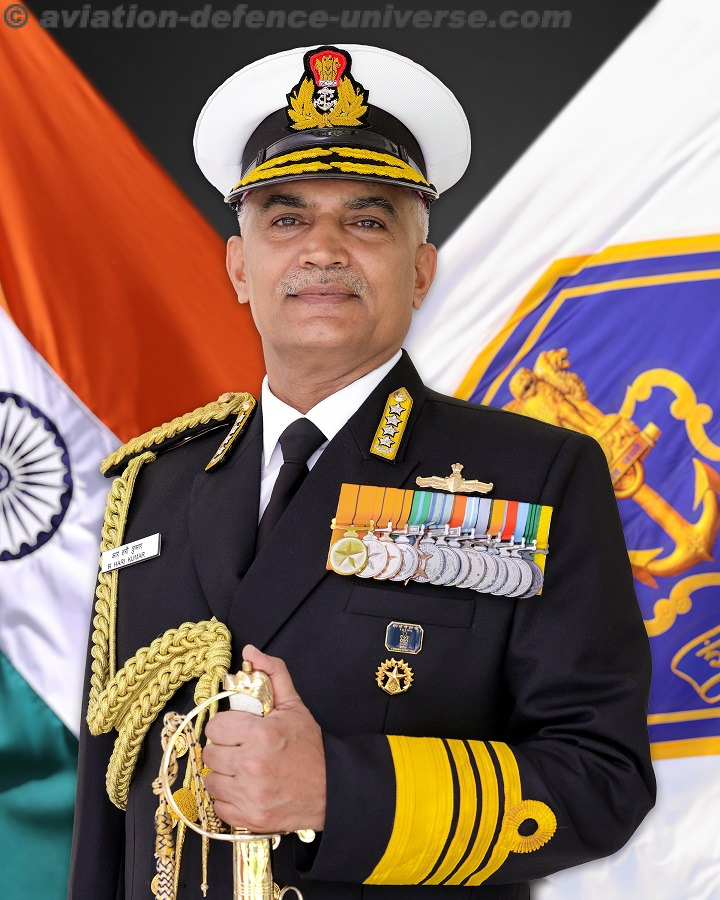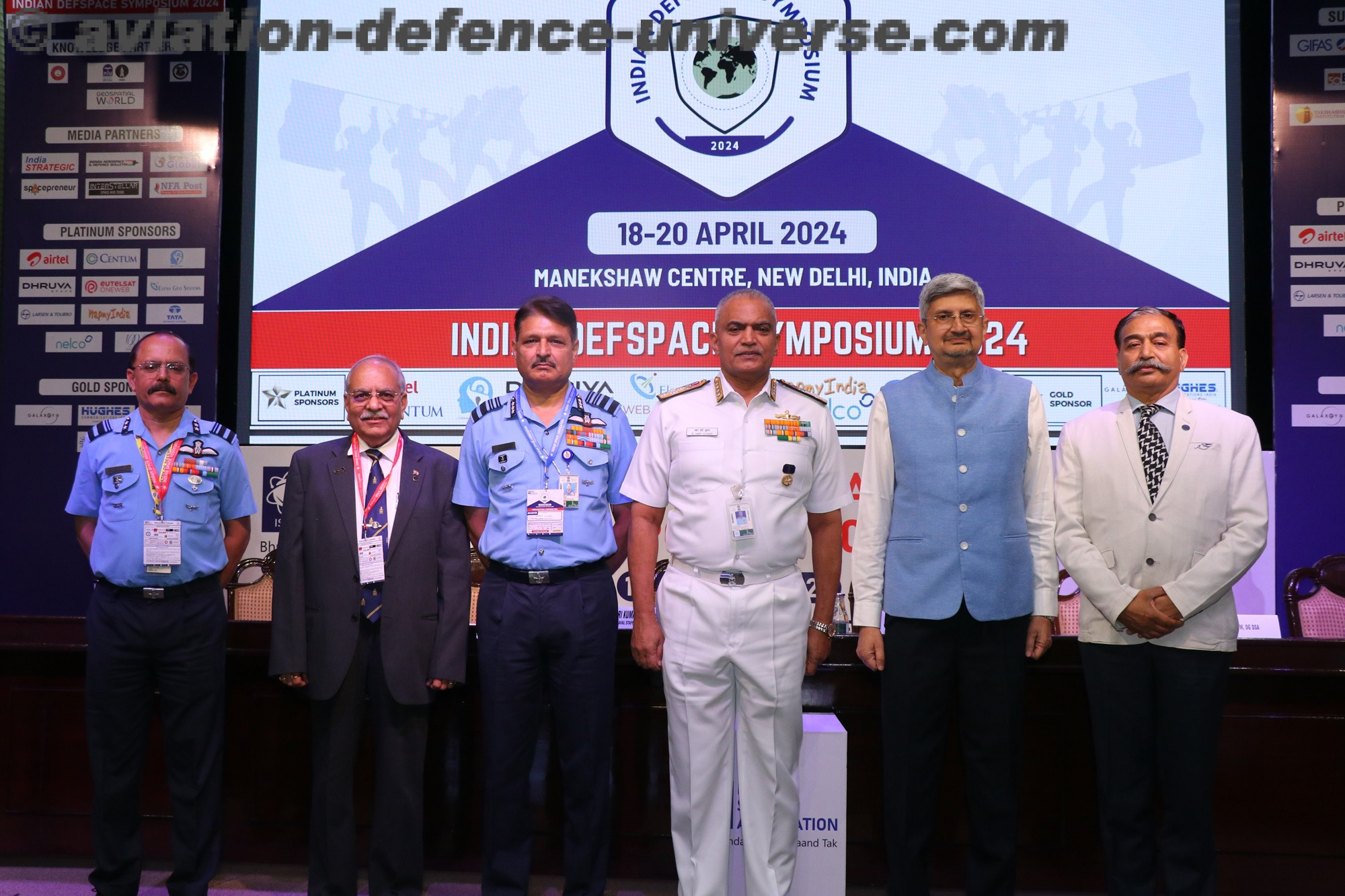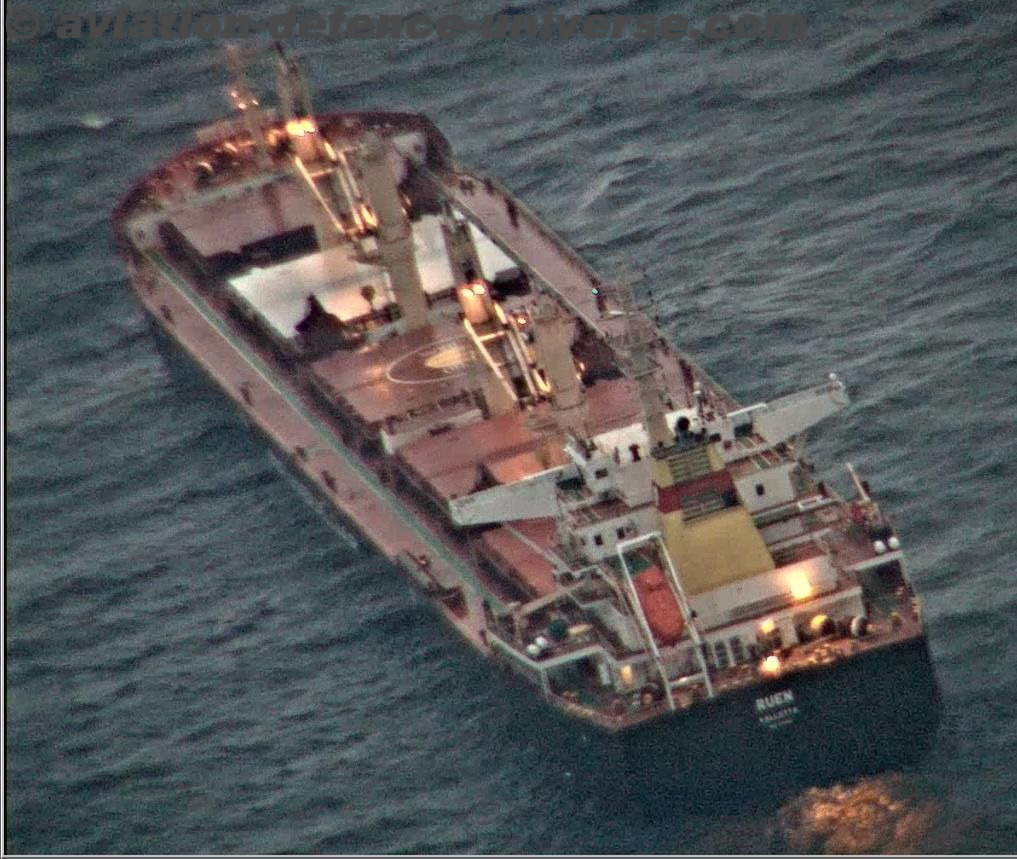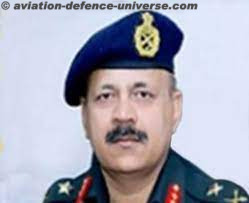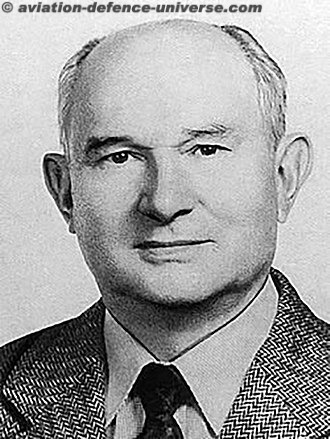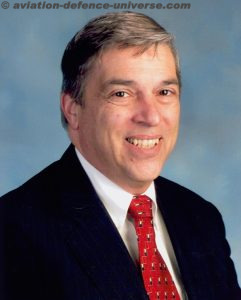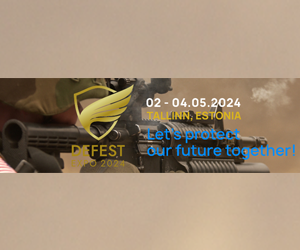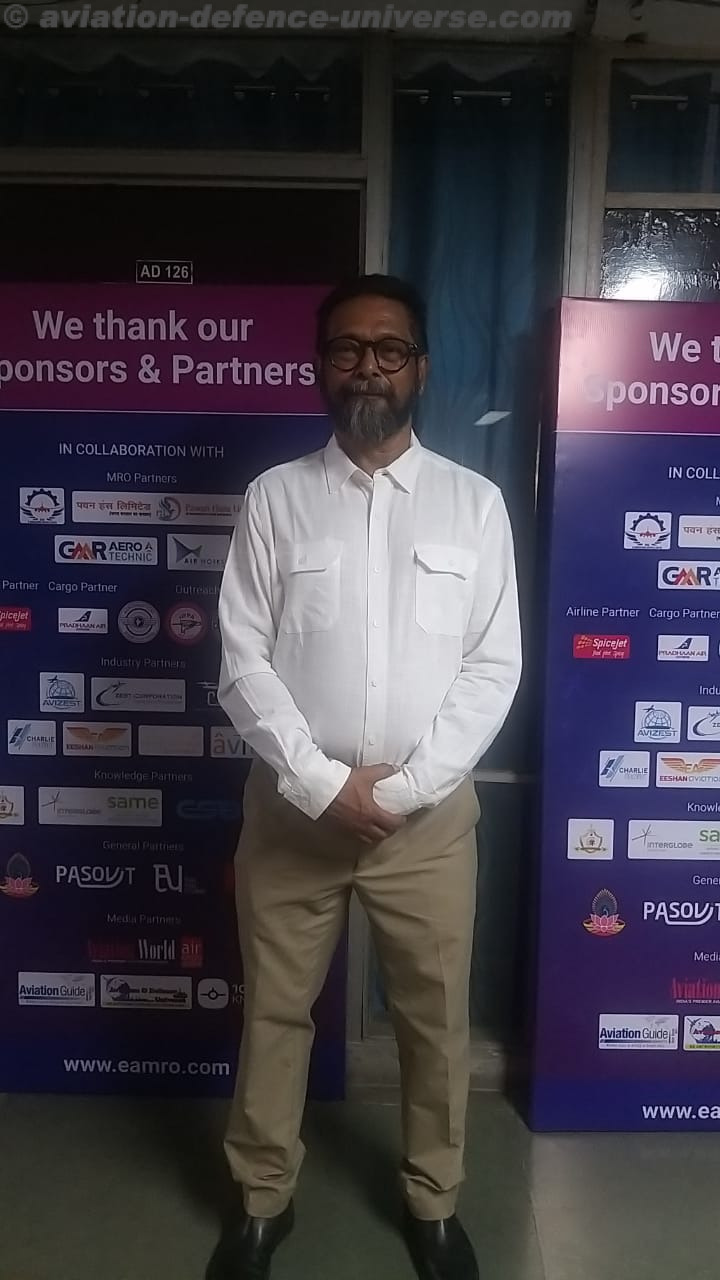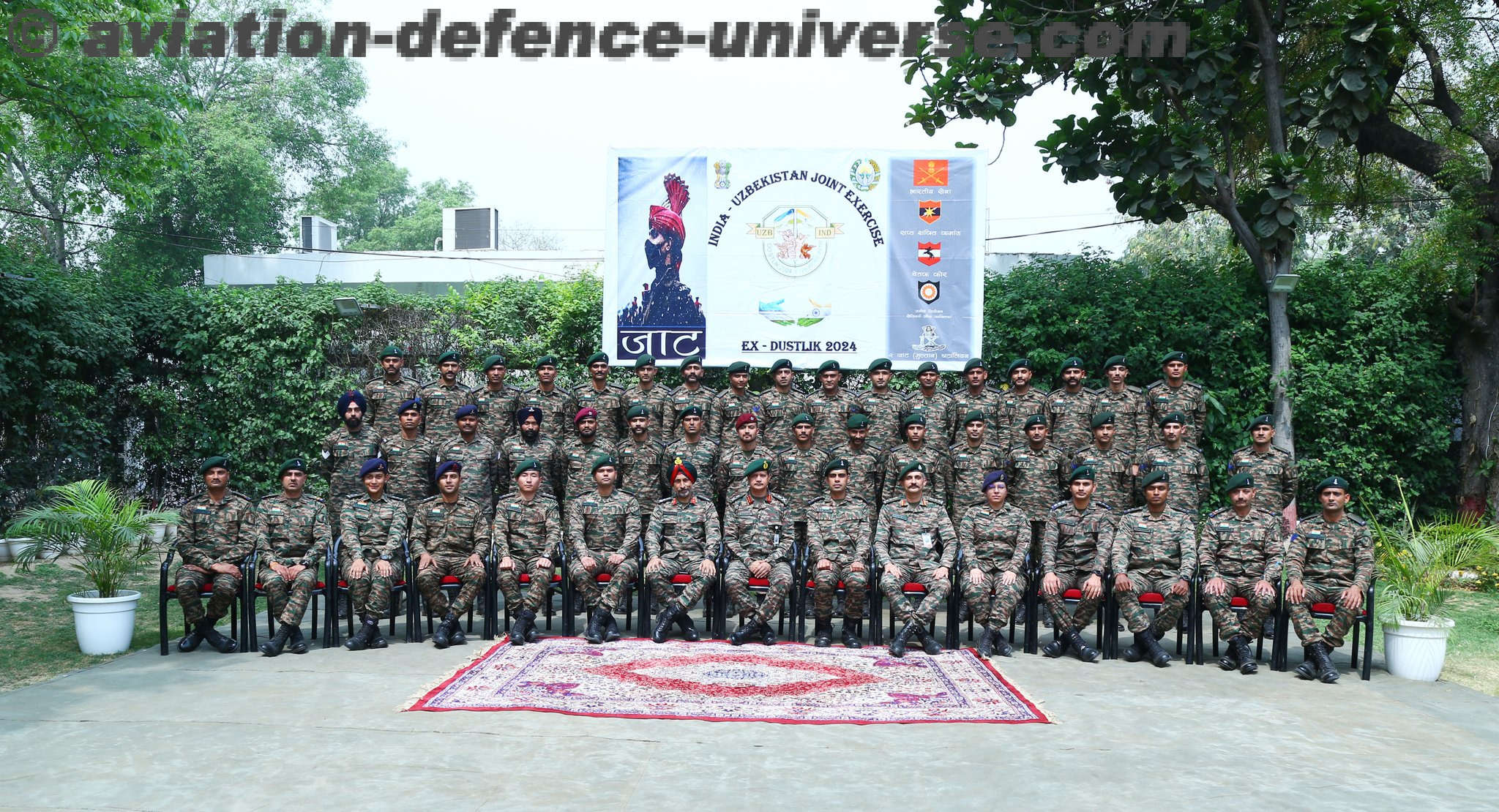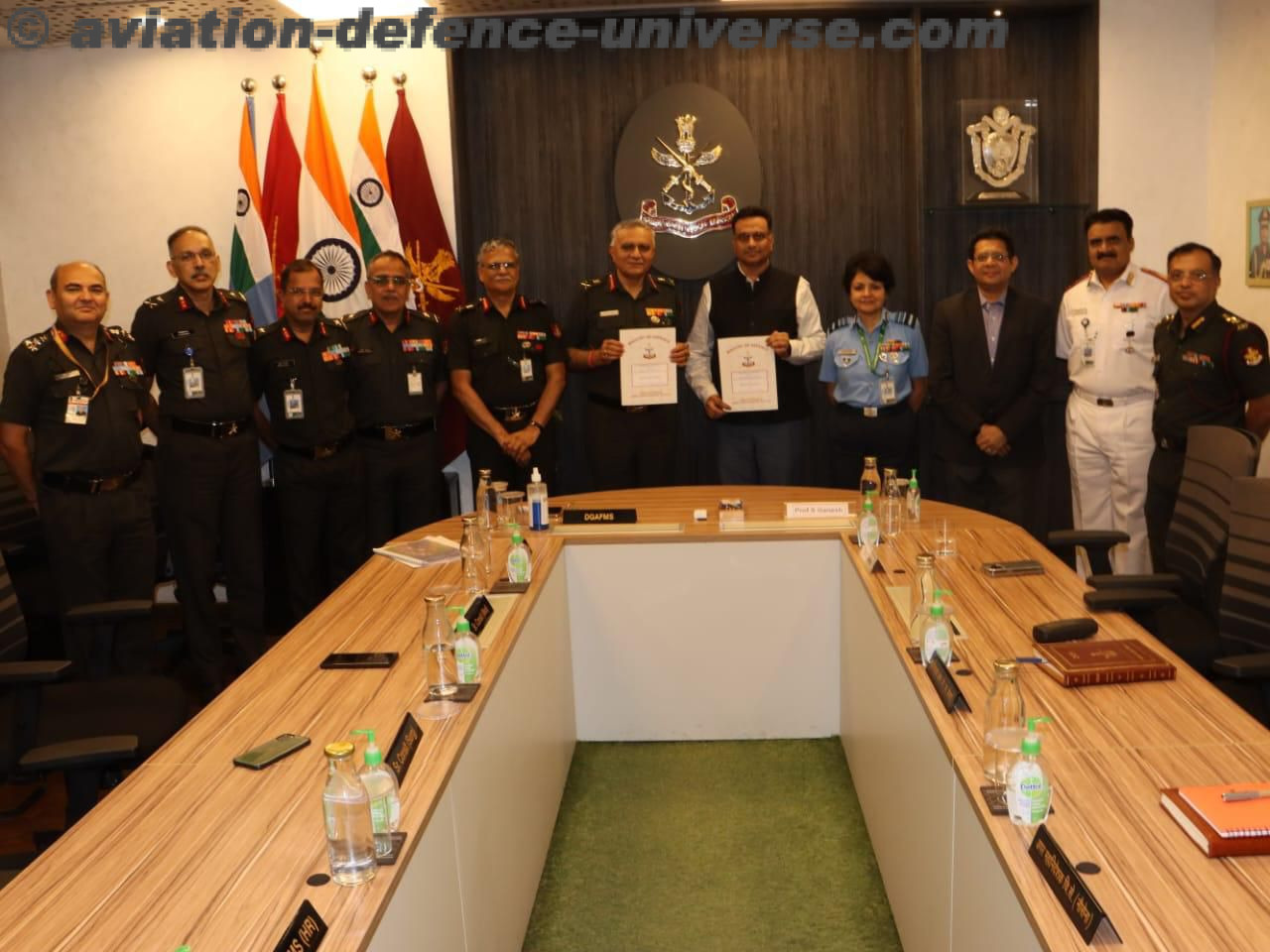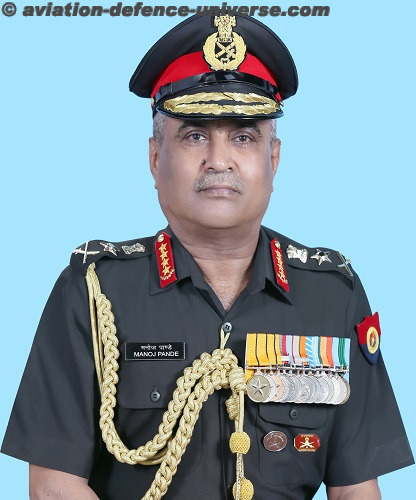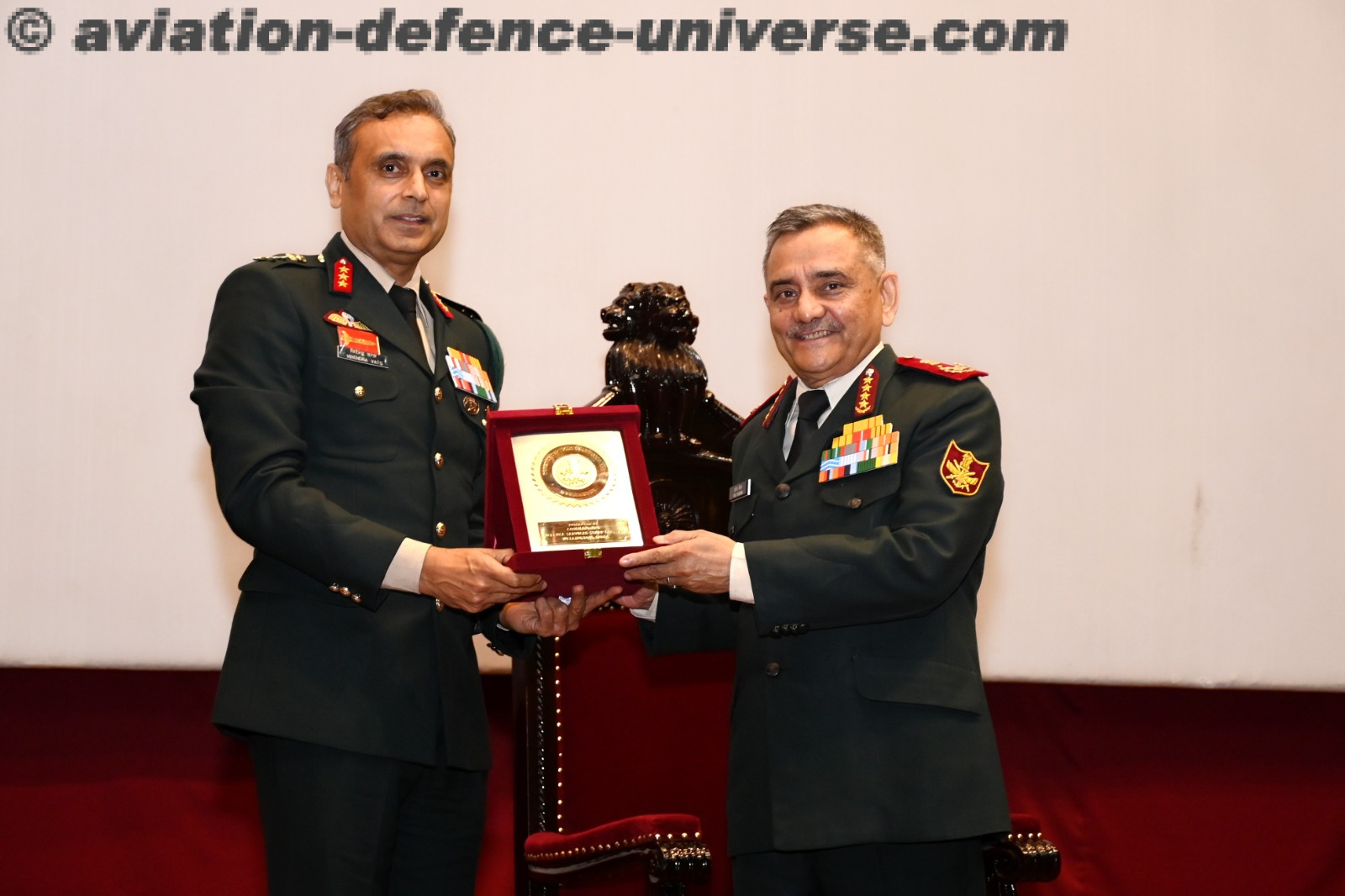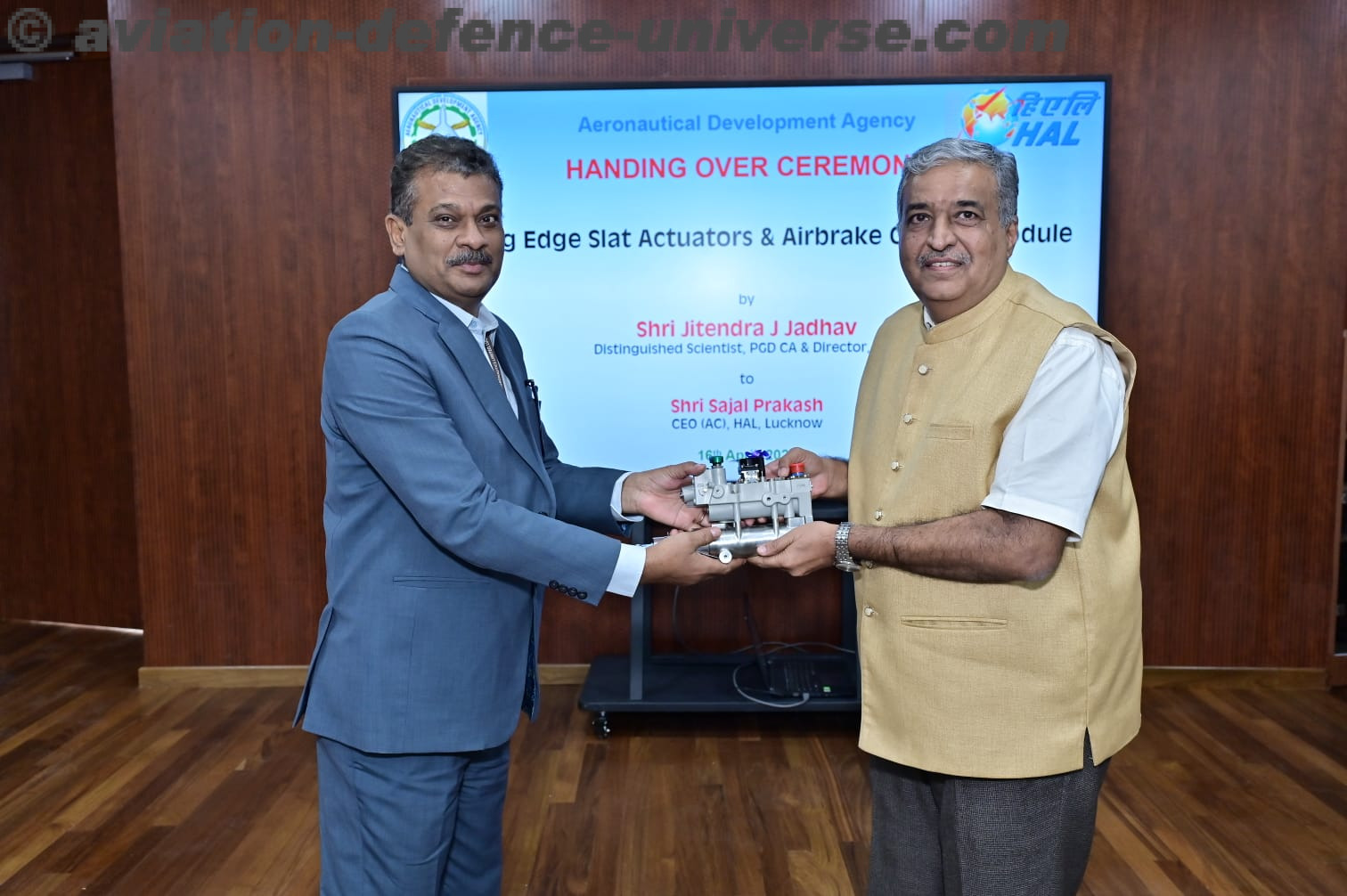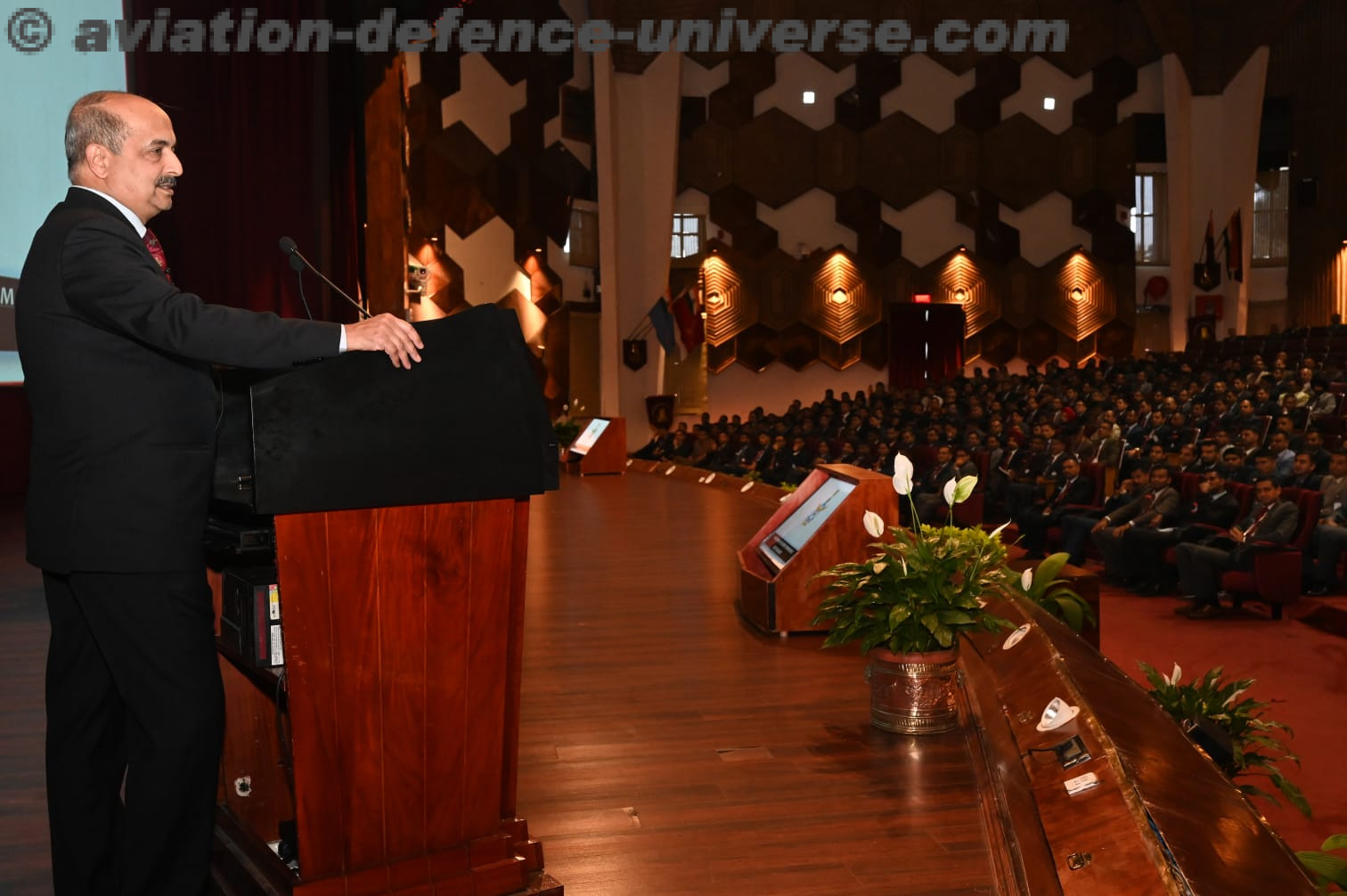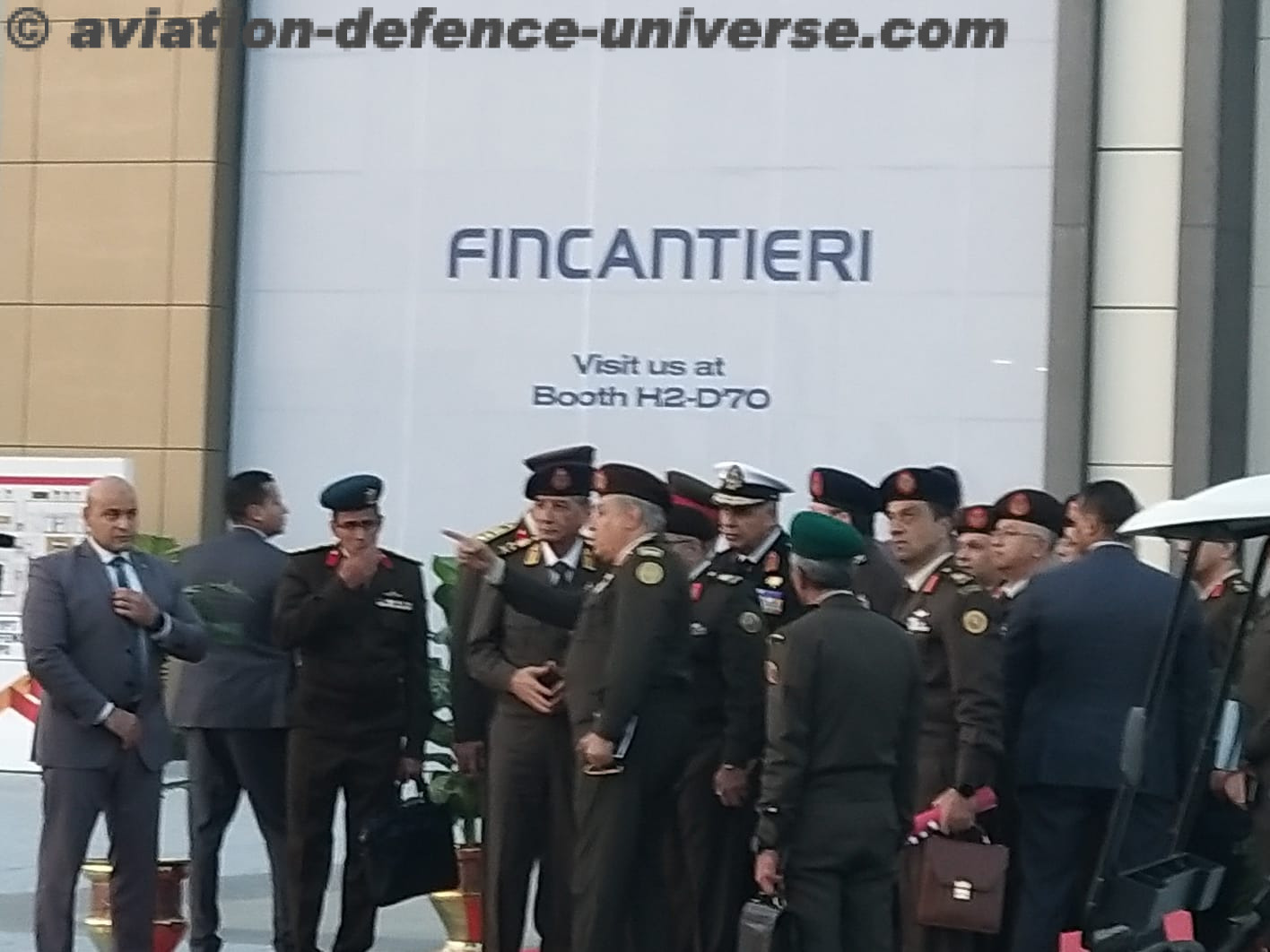By JK Verma
New Delhi. 15 March 2024. Major General Dmitri Polyakov who was a collector of shot guns and worked as one of an uppermost officer in GRU the Soviet military intelligence organisation, provided treasure of classified information to its rival Central Investigation Agency (CIA) of United States of America. He supplied information based on documents about rising differences between Russia and China. In 1972 President Nixon used this vital information while establishing contact with China. He gave names of few U.S. military officers who were working for the then Soviet Union. He also provided technical data of Soviet- manufactured anti-tank missiles which were very useful for U.S. forces when they invaded Iraq in 1991. U.S. forces knowing the technical details of Russian weapons supplied to Iraq planned the operations accordingly.
Polyakov was known by different code names like Top Hat, Roam, Bourbon, and Donald. His handling officers were always very happy with him as he was supplying vital information and that too in bulk. One CIA officer claimed that meeting with Polyakov was “like Christmas” as his report contained crucial information which could be utilised by several branches of CIA. He was passing information to CIA after taking great risk. When he was posted in Moscow, he blatantly pilfered a special kind of self- destructing film from GRU. The film was used to photograph the classified documents. He also stole the fake stones in which these films were concealed and kept in fields by the agents. Later these stones were picked up by the handling officers. It is a wonderful example of Dead Letter Box (DLB). While he was posted abroad, he was passing information to CIA officers through DLB and sometimes through personal meetings too. When posted in Delhi he was supplying information to his CIA handler at banks of Yamuna where CIA officer was going under the pretext of fishing.
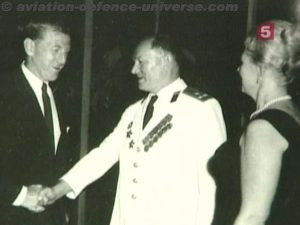
Polyakov started working for U.S. intelligence in 1961 and passed precious information. Nevertheless, in June 1980 he was abruptly called to Moscow which surprised everyone, and nobody knew the reason for the same. Later in March 1988 Soviet newspaper, Pravda narrated that General Dmitri Fedorovich Polyakov was a spy hence executed. Polyakov was a trained person and as he was very important hence his handlers were very careful that he should not be exposed.
When Polyakov was caught and executed, CIA became worried, and an introspection was conducted, and it was analysed that no error was committed during handling or in communication. Generally, the intelligence operations are compromised because of some mistake or misfortune during communication. Later it was revealed that his name was revealed by Aldrich Hazen Ames who was a career CIA officer and worked for KGB for money. KGB gave him about $2.5 million and besides giving several important information he also gave names of about 100 Soviet and East Block citizens who were working for the CIA/FBI. (Details of Ames case can be seen in following link https://www.aviation-defence-universe.com/robert-hanssen-one-of-the-most-damaging-spy-in-the-history-of-f-b-i/). James Woolsey the then CIA director stated that “Polyakov was the jewel in the crown.” He started his career as a middle level officer and rose up to Major General which is a big achievement.
Polyakov attended military school and also got medals for bravery in World War II. He also worked in GRU and when posted in New York, he directed the Soviet intelligence officials who were working there without diplomatic cover. He came in contact of CIA in 1961. He was working for ideology as he was accepting only $3000 in a year and that too in the form of small gifts. He was neither an excessive drinker nor a womaniser which are generally the weakness of agents which is widely exploited by the intelligence officers. Generally, the intelligence officers use three Ws i.e. wine, women, and wealth for raising and handling the agents. However, Polyakov was an idealist and was faithful to his country, wife, and children.
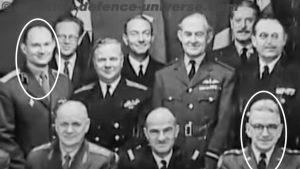
Polyakov worked for ideology. He legitimately thought that Soviet Union had drifted from its policies, lot of corruption and sycophancy have cropped up in the system. He also thought that the present leadership is incompetent to handle the complex country like Soviet Union. He was aghast to see the carnage and devastation during World War II. Hence, he wanted to help USA so that Soviets do not win the cold war. According to one of his handler Polyakov thought that US was “naïve” and would be defeated. One of his handler mentioned that Polyakov started working for CIA as he could not get approval from headquarters to admit his seriously ill son in a hospital in New York. His son died because he could not get the treatment. It was a big shock to Polyakov and after the death of his son he approached Americans.
CIA in view of his great utility also provided him with two agents who worked as double agents. By raising two Americans as agents, the importance of Polyakov in GRU enhanced. CIA also provided him few minor secrets which he supplied to GRU. After Polyakov started working for CIA he was posted back to Moscow and there he got access to the names of Western agents working for Soviet intelligence agencies. He gave the names of Frank Bossard who was working as researcher in British aviation Ministry and U.S. Army Sergeant Jack Dunlap who was working as a courier in National Security Agency. In 1960 he was posted at Rangoon and from there he supplied information about Vietnamese and Chinese armed forces.
After Rangoon he was posted back to Moscow and there, he gave information about rising differences between Soviet Union and China. This vital information was utilised by President Nixon and Henry Kissinger while establishing ties with China in 1972. In 1974 he gave the list which contained the military technologies which USSR spies would try to procure from West legally or illegally. After this strategic information President Reagan put few more restrictions on the sale of military technology. Polyakov also used a special film which can be developed only through a chemical known to him and his US handlers if anybody else would try, the film would become blank.

Polyakov also provided the policy papers prepared by GRU and KGB to CIA, these documents made it clear to CIA that Soviets were also afraid of war and were not sure that they would defeat U.S. Polyakov worked for U.S. for about 25 years. He gave names of US military officers who were working for Soviets, he was one of the highest-ranking Soviet officer who worked for CIA. Polyakov was so important that when President Ronald Reagon visited Moscow in 1987 he asked for spy swap, but Soviet General Secretary Mikhail Gorbachev told that Polyakov was already executed.
Initially FBI viewed his information with distrust as it was difficult to believe that such a high ranking GRU officer who had no vices, taking only gifts and $3000 per year and a patriot would betray his country because he was disillusioned by the prevailing situation in the country. Once FBI convinced, he handed him over to CIA. CIA also double checked the veracity of information supplied by him, through other agents and convinced that the information was correct. The importance of Polyakov can be adjudged by the comment of James Woolsey former Director of CIA that”Polyakov was the jewel in the crown” and What Gen. Polyakov did for the West didn’t just help us win the Cold War…it kept the Cold War from becoming hot.”
In 1980 he was unexpectedly called back to Moscow and afterwards CIA could not contact him as he was executed. In 1984 CIA found that the recipe for coot stew was published in Russian press which was a coded message that Polyakov is in danger and later it was confirmed that he was exposed. Usually, the agents do not have long life, but Polyakov and his handlers took full precautions and he worked for Americans for about two decades. Although few of his handlers distrusted him and thought that he was a Russian agent who was supplying concocted information, and he was part of disinformation campaign launched by Soviets. Both sides have strong points and CIA conducted more than one enquiry about the genuineness of Polyakov. Even in 1980 an enquiry was conducted by CIA about Polyakov, and it also concluded that ”the charge of being a plant could not be substantiated”.
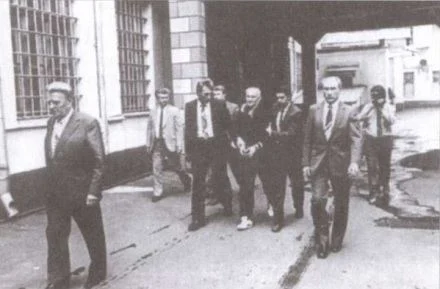
The case of Major General Polyakov is important for a case study. He was a loyal Russian but started working for Americans as he was disillusioned from the hierarchy of GRU, KGB and Soviets. He thought that they were corrupt and distracted from the communist ideology. First of all, he was not in the right position to understand all the strategies of the government and secondly the path of betraying the country and working for the rival camp is outrageous. Not only this, the department should have given permission for the treatment of his son but still if the approval was not accorded, he should not have approached the FBI as revenge. In communist countries there are several restrictions, and one has to live with them. More or less all the agents are either caught or commit suicide and their life is limited. Most of the time agents are never fully trusted as the handlers are aware that they are deceiving their organisation or country for some consideration.
(Jai Kumar Verma is a Delhi-based strategic analyst and member of United Services Institute of India and The Manohar Parrikar Institute for Defence Studies and Analyses. The views in the article are solely the author’s. He can be contacted at editor.adu@gmail.com)
.




